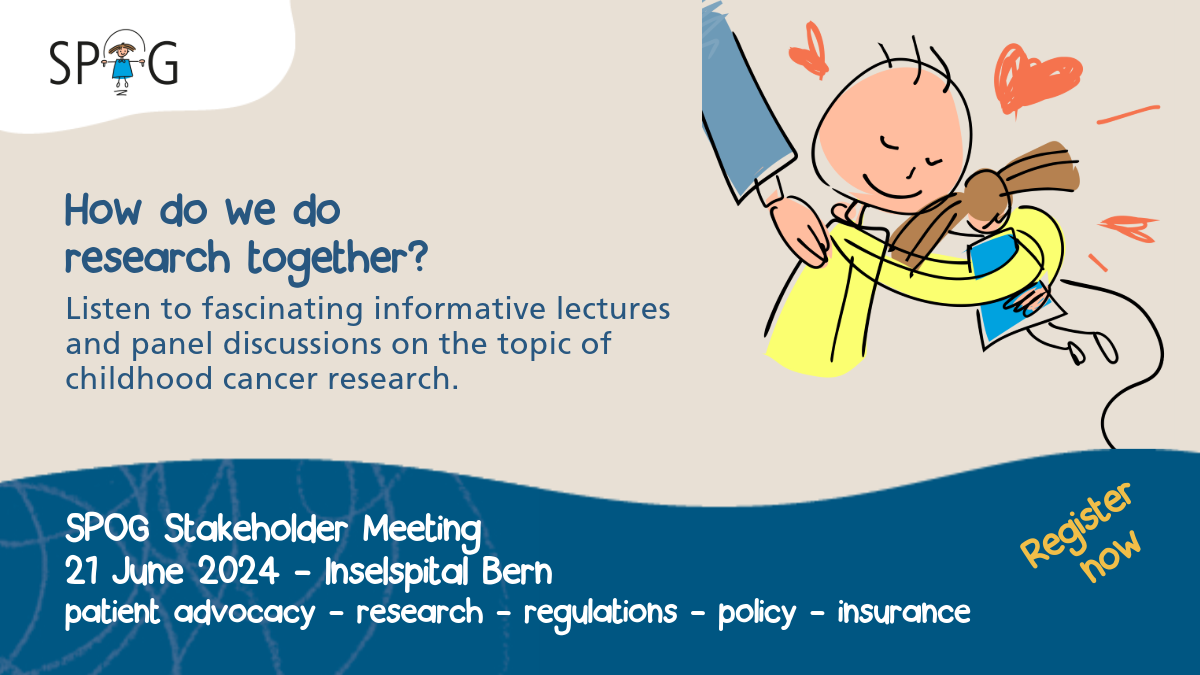Langerhans cell histiocytosis, LCH for short, is a rare disorder of the immune system in which certain immune cells turn against the patient’s own body. Various organs can be affected and damaged by LCH. This variable clinical picture requires different therapeutic approaches in order to cure affected children and adolescents.
Around ten children and teenagers are affected by this disease every year in Switzerland, and are eligible to take part in the LCH-IV study.
Because of the complexity of the clinical picture of LCH and its complications, this trial will provide treatment adapted to the characteristics of the disease. Patients will be assigned to groups on the basis of the organs that are affected when the diagnosis is made and treated accordingly. The patients’ response to the therapy will be reviewed continuously during the trial, as will the need to intensify the treatment. The efficacy of stem cell transplantation will be investigated in patients with a very severe form of the disease who have a particularly unfavourable prognosis because they do not respond to the conventional therapy. After the treatment has been completed, all patients will be examined for possible recurrence of the disease and long-term complications.
The St. Anna Kinderkrebsforschung in Austria is responsible for the international implementation of the study as sponsor. The Swiss Paediatric Oncology Group (SPOG) is responsible for performing the study in Switzerland (sponsor representative).
In short
- Langerhans cell histiocytosis, LCH for short, is a rare disorder of the immune system in which certain immune cells attack the patient’s own body. The study is investigating whether the chances of recovery and relapse rates can be improved for patients with a poor prognosis.
- Given the varying forms in which this disease presents clinically, the patients require a treatment that is adapted to the characteristics of their illness.
- In this study, patients will be divided into various groups based on the characteristics of their illness so that they receive the treatment that is most suitable for them.




